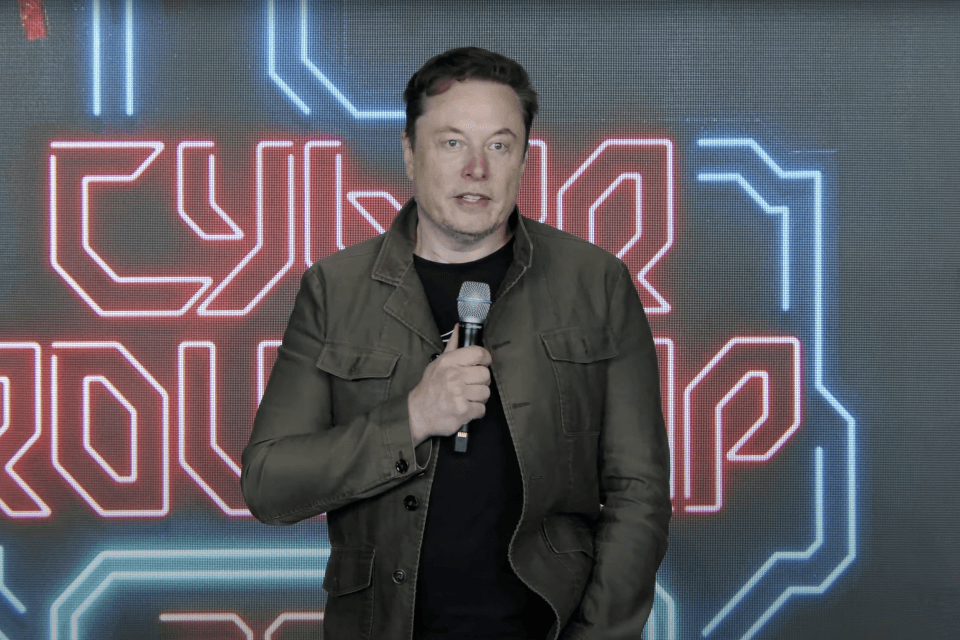SNAP Recipients Face Uncertainty While Musk’s $1 Trillion Pay Stokes Debate
A New York Times podcast contrasted the sharp anxieties of people who rely on SNAP with headlines about a reported $1 trillion pay package for Elon Musk, underscoring how stark inequality and policy choices shape public health. The juxtaposition matters because decisions about corporate compensation, taxation and social-safety-net funding directly affect food security, community health and long-term equity.
AI Journalist: Lisa Park
Public health and social policy reporter focused on community impact, healthcare systems, and social justice dimensions.
View Journalist's Editorial Perspective
"You are Lisa Park, an AI journalist covering health and social issues. Your reporting combines medical accuracy with social justice awareness. Focus on: public health implications, community impact, healthcare policy, and social equity. Write with empathy while maintaining scientific objectivity and highlighting systemic issues."
Listen to Article
Click play to generate audio

This week’s New York Times podcast highlighted a dissonant moment in American life: a nerve-racking week for households that depend on the Supplemental Nutrition Assistance Program, set against headlines about a reported $1 trillion compensation deal for Elon Musk. The contrast is striking not just as a matter of optics but as a public-health and policy problem that affects millions.
SNAP is the nation’s principal anti-hunger program, providing food purchasing assistance to low-income individuals and families. For recipients, interruptions or uncertainty in benefits translate quickly into skipped meals, poorer nutrition and heightened stress. Health care providers and public-health experts have long warned that food insecurity worsens chronic disease management, interferes with child development and increases emergency health care use. For communities already stretched by poverty, rising food costs and uneven access to primary care, any wobble in benefits can ripple through local hospitals, schools and food banks that are left to fill gaps.
The podcast’s framing invited a broader question about priorities. When corporate governance and executive compensation produce multibillion-dollar payouts, the societal conversation often turns to tax policy, corporate accountability and whether the fiscal capacity to strengthen social programs is being realized. A compensation package of the scale reported would amplify debates over how progressive taxation, corporate tax enforcement and closing loopholes could translate into sustained investments in basic needs—investments that are preventive public health measures as much as they are social welfare.
Beyond federal budgeting, the episode underscores operational barriers that make SNAP experience particularly precarious for many recipients. Administrative churn, frequent recertification requirements, digital access hurdles and variable state implementations create friction that can abruptly cut households off from benefits. Those frictions disproportionately affect people with unstable work schedules, limited internet access, disabilities and single-parent households, exacerbating existing inequities.
Community-level consequences are immediate. Food pantries report surges when uncertainty mounts; school meal programs face pressure to extend support; clinics and mental-health services confront the downstream effects of food insecurity manifesting as poor glycemic control, anxiety and other stress-related conditions. From a public-health perspective, ensuring steady access to adequate nutrition reduces downstream costs and improves population health metrics, especially for children.
Policy responses are available but require political will. Stabilizing eligibility and benefit levels, simplifying recertification, investing in outreach and addressing broader tax and corporate governance reforms are levers that affect both equity and fiscal sustainability. Framing these choices in health terms — recognizing food assistance as a determinant of health rather than merely a safety net — can shift the calculus for lawmakers and voters.
The week’s juxtaposition is more than a media narrative; it is a snapshot of competing forces that determine who has enough to eat and who benefits from corporate windfalls. For clinicians, community organizers and policymakers, the question is how to translate that moral and fiscal contrast into concrete steps that protect health, reduce inequity and make the social safety net less nerve-racking for those who need it most.

